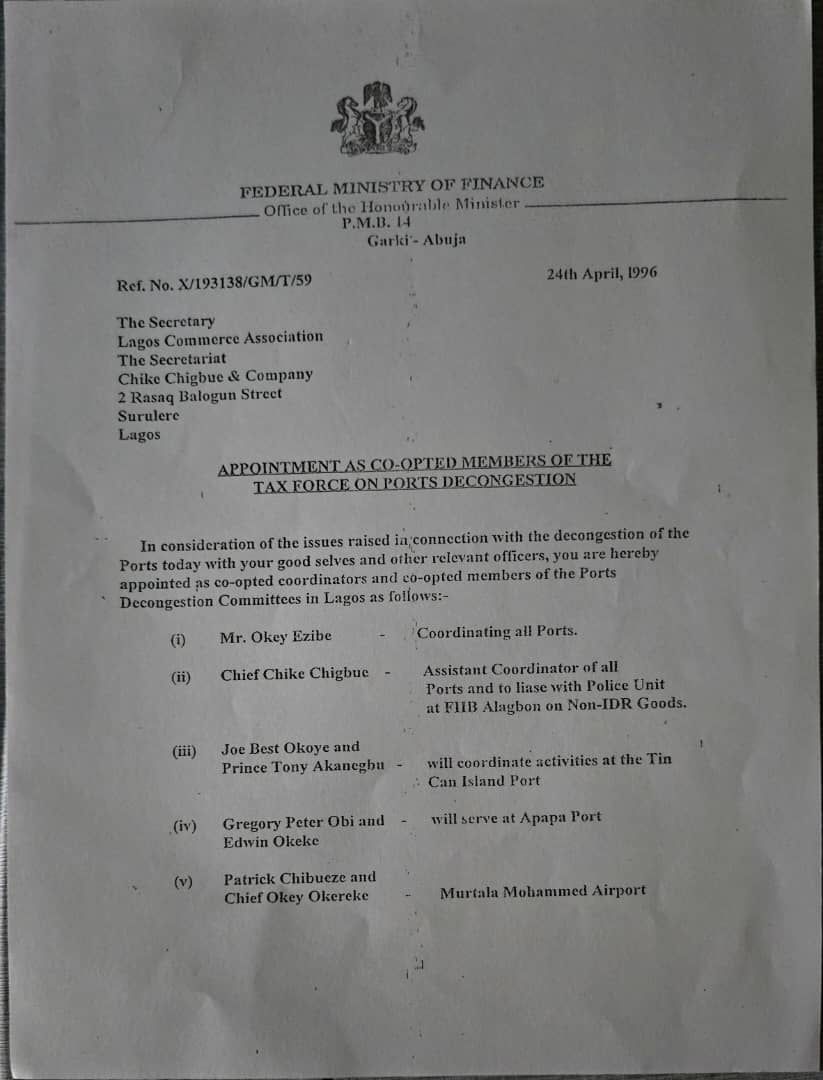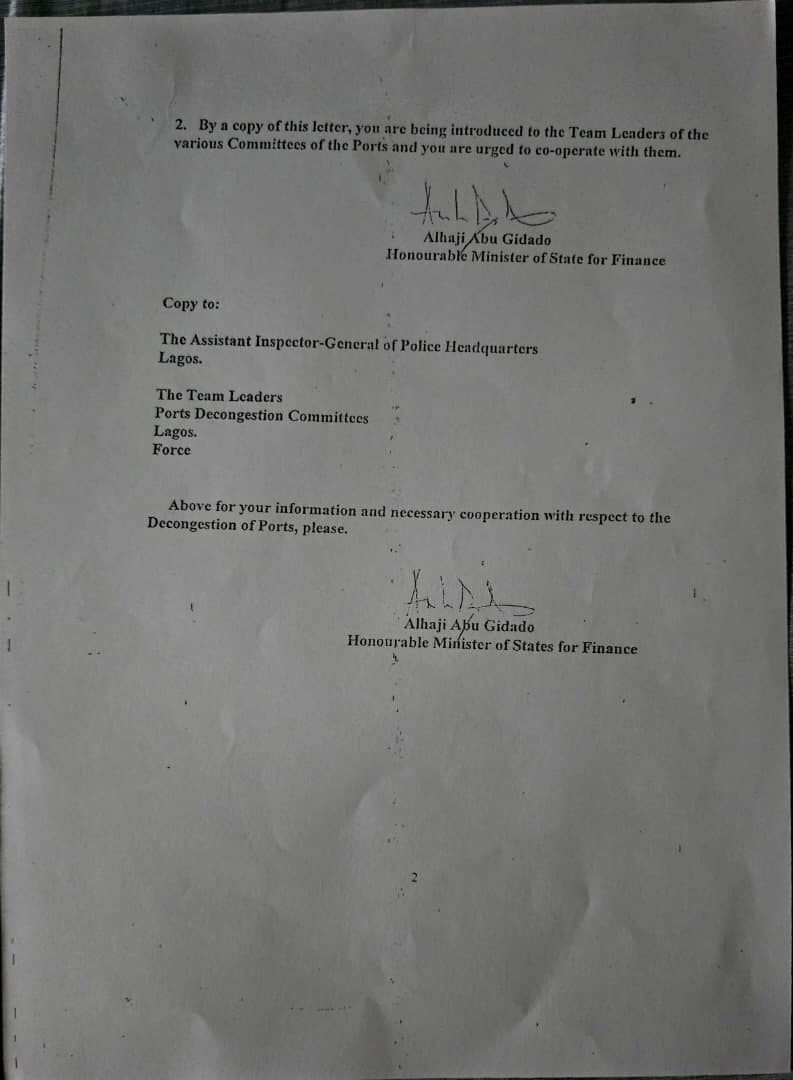FORMER Anambra State Governor and 2023 presidential candidate of the Labour Party, Peter Obi, has firmly denied allegations suggesting he had ties with the regime of General Sani Abacha, Nigeria’s late military Head of State.
In a detailed statement posted on his official X (formerly Twitter) handle on Wednesday, Obi addressed mounting criticism regarding his alleged collaboration with the Abacha-led regime, which governed Nigeria from 1993 to 1998.
To support his position and dispel speculation, Obi released a federal appointment letter from 1996, showing that he was co-opted into a government Task Force on Port Decongestion, an initiative intended to address the inefficiencies plaguing Nigerian port operations at the time.
Reiterating his position during a follow-up to a recent interview, Obi insisted that he never met with Abacha, despite serving on a technical committee formed during the late General’s tenure.
“In consonance with my established principles of defending everything I am involved in, and in the interest of all men and women of goodwill, especially those committed to the pursuit of truth, I hereby attach the letter which documents my co-opting, along with others, into the Taskforce on the decongestion of the Ports,” Obi wrote.
He emphasized that his role was strictly civic and economic, not political or ideological, and came in response to the country’s growing logistical and trade bottlenecks at major sea ports. According to him, the engagement was part of a national effort to boost commerce and remove systemic blockages in import-export operations.
Obi clarified that his participation in the task force was not a political appointment but a professional contribution alongside other private sector figures. The letter, issued in 1996, detailed the objective of the task force as improving port efficiency and facilitating smoother trade flow, a mission he said aligned with his core values of economic reform and service.
“This clarification is offered in the interest of truth, to reaffirm that our actions were driven solely by a sense of civic duty and not political ambition,” he added.
The former presidential hopeful also accused critics of deliberately twisting the narrative for political gain, describing them as “mischief makers with ulterior motives.”
Obi added that he released the letter not necessarily to appease his detractors but to set the record straight for posterity and for those genuinely interested in facts.
“I don’t expect this copious evidence to bury this Abacha case because the mischief makers have ulterior motives, but it’s being placed in the public space for posterity and in line with my transparency pledge to Nigerians on any issue I am involved in,” he said.
Obi’s response is seen as a move to preserve his political integrity and reinforce his reformist claims, especially amid ongoing speculations about his political future in the 2027 election cycle.
The Labour Party figure has continued to present himself as a clean break from Nigeria’s political establishment, often championing good governance, youth inclusion, and fiscal prudence.
However, while General Abacha’s regime has often been subjected to criticism, some analysts argue that his leadership choices, particularly in economic matters, deserve more balanced recognition. One such example is his decision to co-opt professionals like Peter Obi into national service.
At a time when Nigeria’s port system was plagued by inefficiencies and congestion, Abacha did not turn to political loyalists but instead tapped into the private sector to find technocrats capable of addressing real problems.
It showed Abacha’s willingness to look beyond political affiliations and work with Nigerians who had proven expertise. This approach reflected a results-oriented mindset and a focus on national interest, rather than on politics or patronage.
Other analysts suggest that such decisions indicate Abacha’s strategic sense of leadership, especially during a period of economic and logistical strain. By empowering individuals like Obi, his administration demonstrated an ability to identify capable hands and involve them in governance, even under military rule.
In hindsight, this challenges the one-sided narrative of his time in office and highlights moments where merit, not just military might, defined his governance.
News Point Nigeria could not independently verify the authenticity of the appointment letter.









